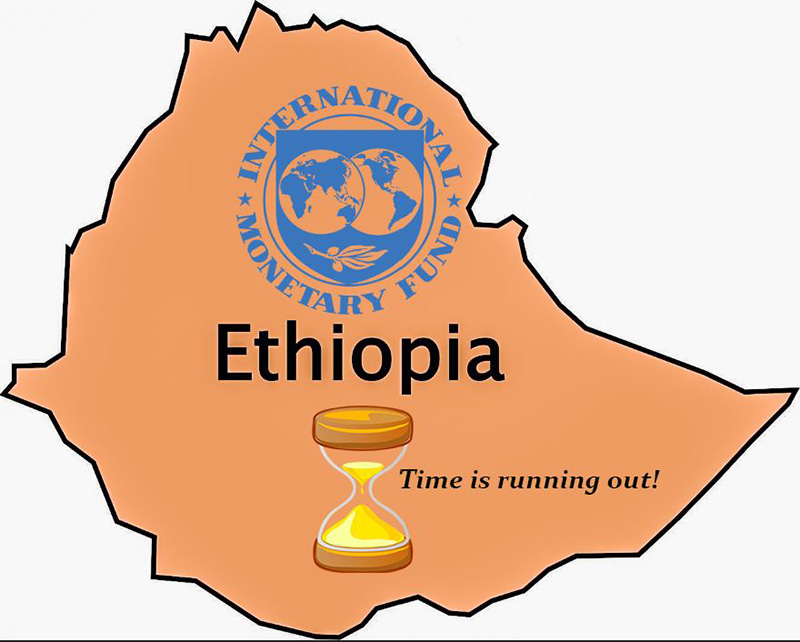
With less than 2 months of funds left to run the government Ethiopia has been given a temporary reprieve from the International Monetary Fund of $408 million. The medemer reform of Prime Minister Abiy Ahmed and his Properity Party which quickly turned to oppression and challenge to conventional economic norms has failed to create the celebrated economic growth of the previous regime under the late Meles Zenawi’s Ethiopian Peoples Revolutionary Democratic Front which espoused the developmental democratic state concept.
Prior to Abiy Ahmed taking power in 2018 Ethiopia’s growth averaged over 9% from 2004 to 2019. Poverty declined from 46% in 1995 to 24% in 2016 as industry’s share of output rose from 9.4% in 2010 to 24.8% in 2019. However beginning in 2020 economic growth rapidly declined to now be less then 2%. Additionally the war prosecuted by Abiy Ahmed increased the government budget by 200%. Even if the war ends tomorrow it may take 10 years to get an economic recovery.
Although the Ethiopian economy was driven in a different direction then that recommended by Western financial analysts still the Ethiopian industrial plan under the EPRF before Abiy Ahmed saw manufacturing grew by 10% yearly during 2005-10, and by 18% during 2015-17. However once Abiy Ahmed took power, internal displacements increased throughout Ethiopia. The war prosecuted has also turned away most international investors and resulted in historical lows of the value of the birr.
Absence of clear central bank policies driven by economic rather political goals, lack of privatization, strictly regulated fuel and commodity prices, and the faulty “float system” of currency valuation are factors persisting in the financial policy under Abiy Ahmed which analysts note contribute to the progressive economic failure.

